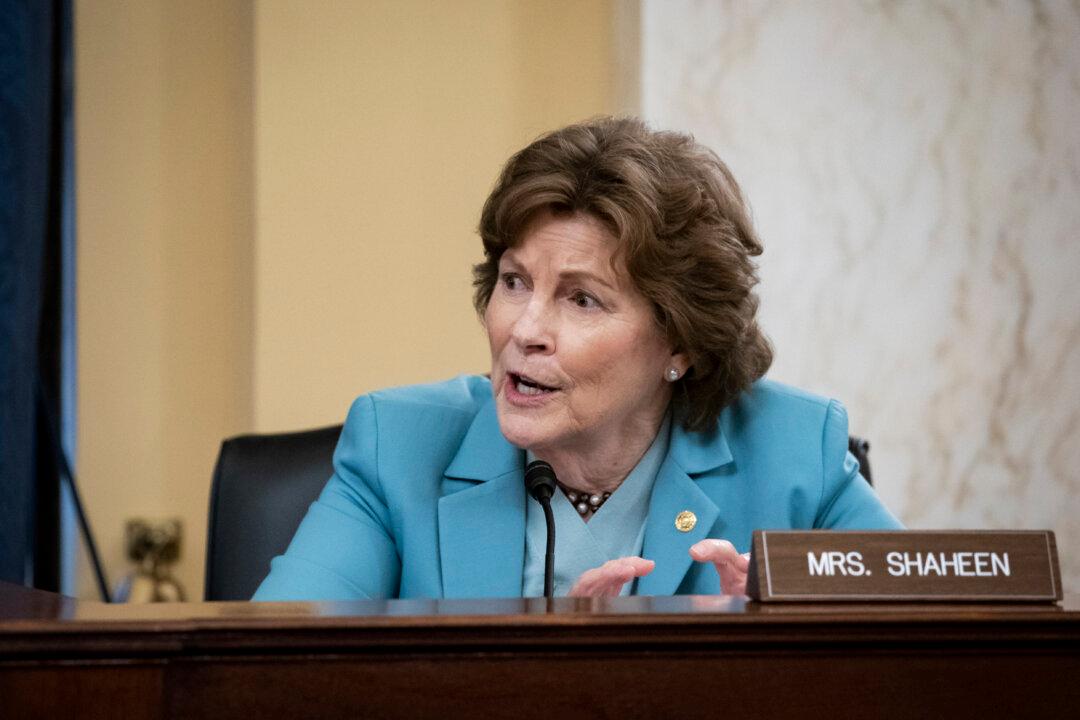Senate Democrats on March 27 asked Secretary of Defense Lloyd Austin to “protect abortion” for U.S. military service members.
In a March 27 letter written by Sen. Jeanne Shaheen (D-N.H.) and co-signed by most of the Senate Democrat caucus, Democrats suggested that women in the military having access to abortion was a matter of national security (pdf).





